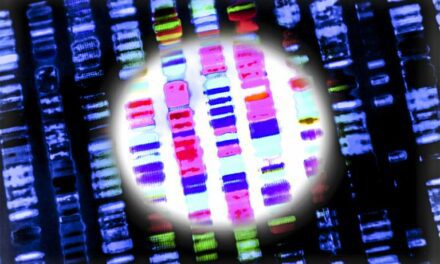QIAGEN announced that its wholly owned subsidiary DxS has acquired the global and exclusive license for biomarker PI3K from Johns Hopkins University to develop real-time-PCR and endpoint PCR assays.
Research has shown that variation in the PI3K gene could be a key biomarker for use as a companion diagnostic with certain cancer treatments. The studies suggest that mutations in the PI3K oncogene are predictive for the success of certain treatments of patients suffering from lung, breast, colorectal and other cancers. QIAGEN has an active PI3K assay development and partnering program with pharmaceutical companies to develop and market tests for new cancer drug candidates. Financial details were not disclosed.
QIAGEN already markets a PI3K test for research use. This test is based on real-time polymerase chain reaction (RT-PCR), a widely available technology to make DNA sequences visible through amplification. The assay, which uses technology that allows a very significant sensitivity, detects mutations frequently missed by sequencing methods.
The patent for PI3K mutations in human cancers was initially filed by researchers at Johns Hopkins who assessed the biomarker during their evaluation of tyrosine kinase inhibitors targeting the EGFR (Epidermal Growth Factor Receptor) pathway. Various EGFR inhibiting drugs have shown to be not effective in cancer patients with mutations in genes of the EGFR pathway (EGFR, K-RAS, B-RAF etc).
QIAGEN already markets several tests determining the mutation status in oncogenes. This portfolio includes tests for mutations of K-RAS and B-RAF, which are indicative for metastatic colorectal, lung and other cancers. The K-RAS test is CE-marked for companion diagnostic use with EGFR inhibitors Vectibix® and Erbitux® and is expected to be submitted for FDA approval shortly.
"This license agreement is another step forward for QIAGEN and for the use of novel therapeutics that rely on the widespread availability of the required PI3K companion diagnostic test", said Peer M. Schatz, CEO of QIAGEN. "We are looking forward to developing drug-diagnostic combinations together with pharmaceutical partners for the selection of the right patient for the right medicine. This concept allows cancer patients to receive better treatments and can support health care systems to provide the most useful therapies in cost effective ways."
Source: QIAGEN



